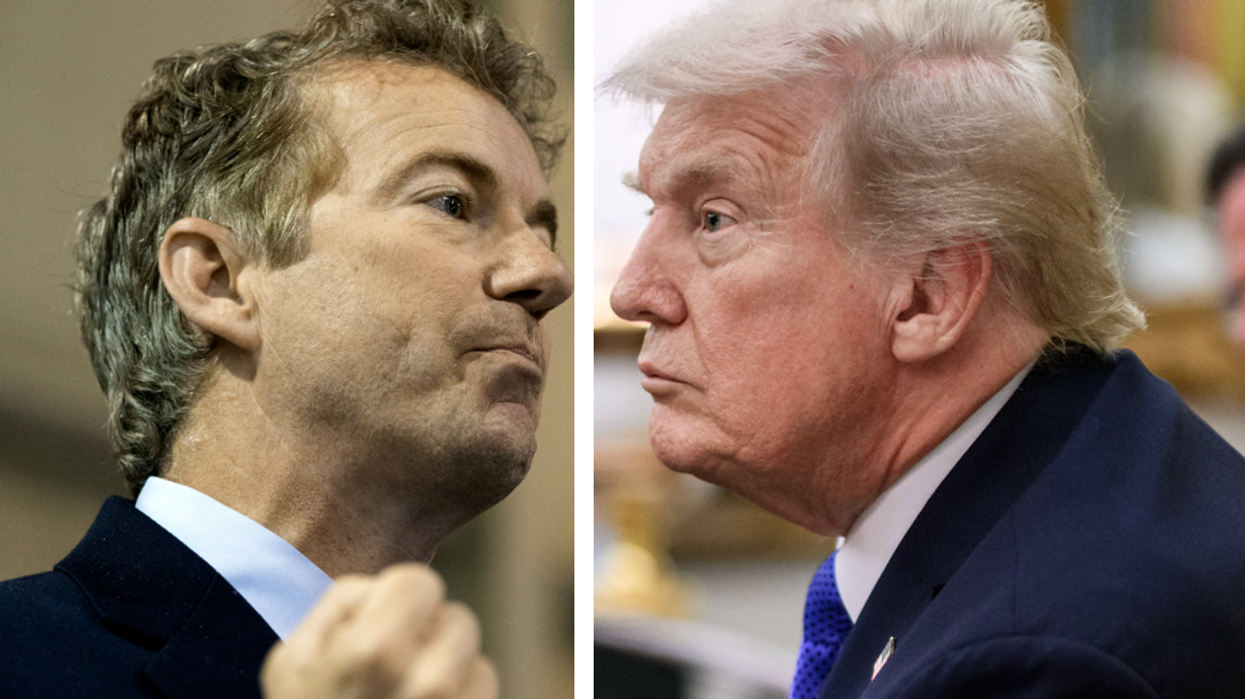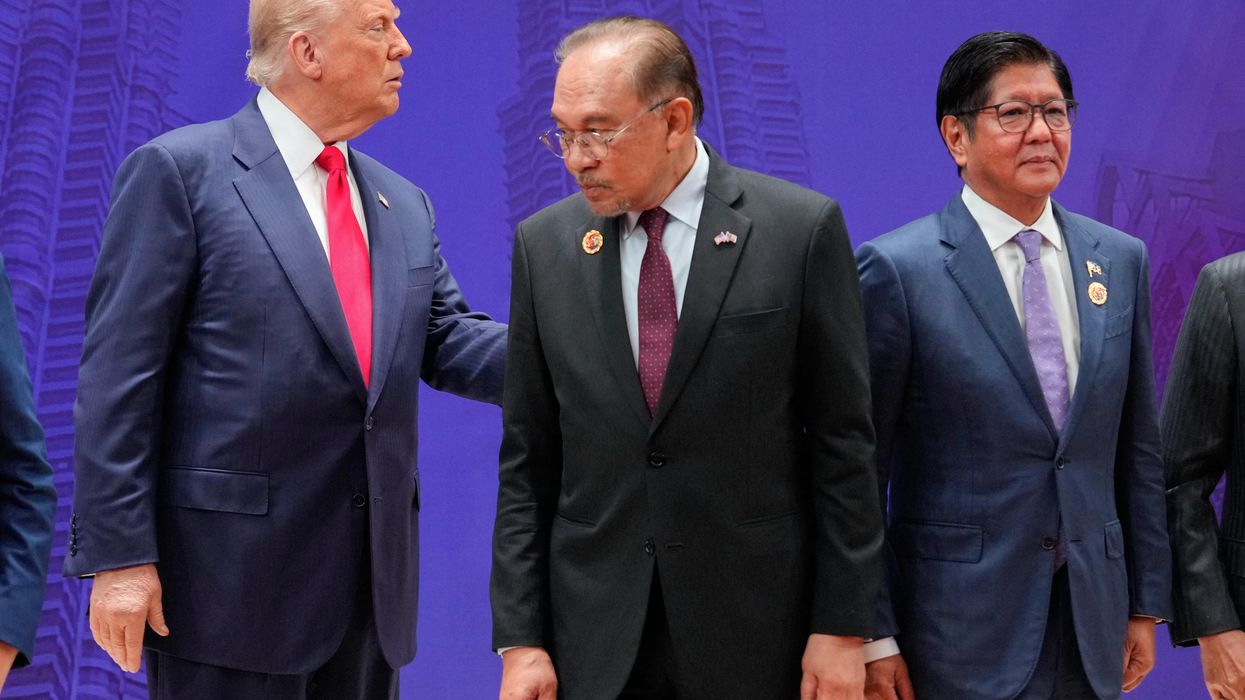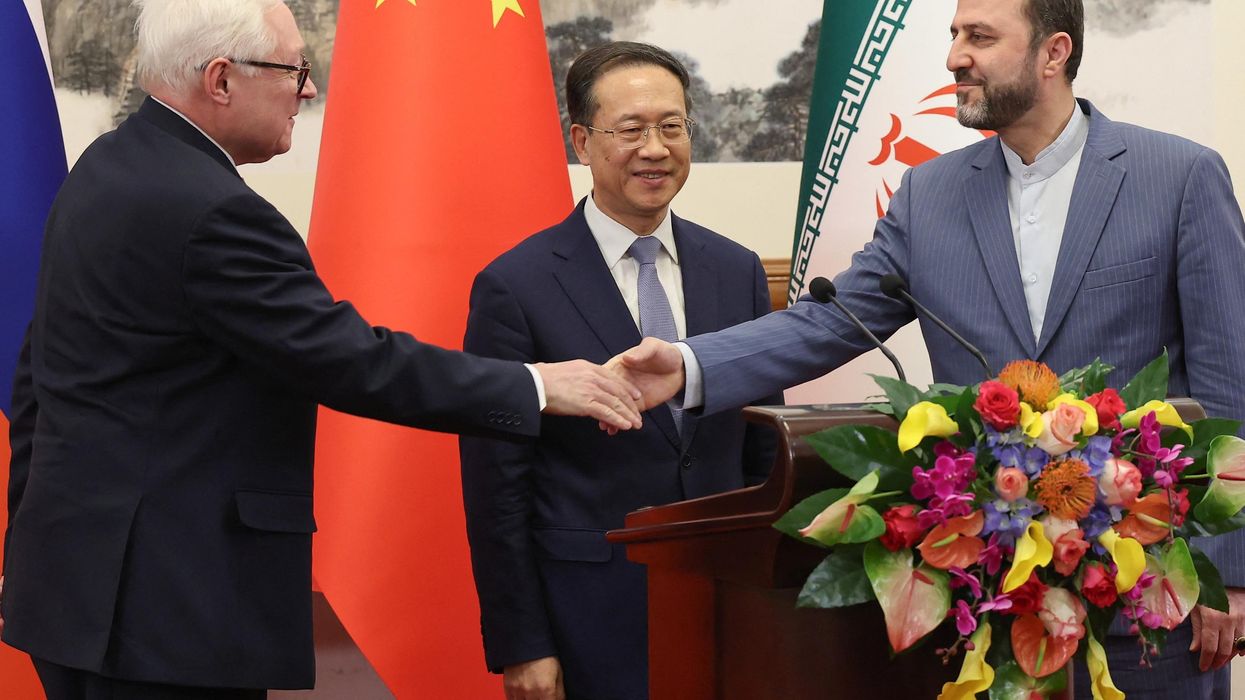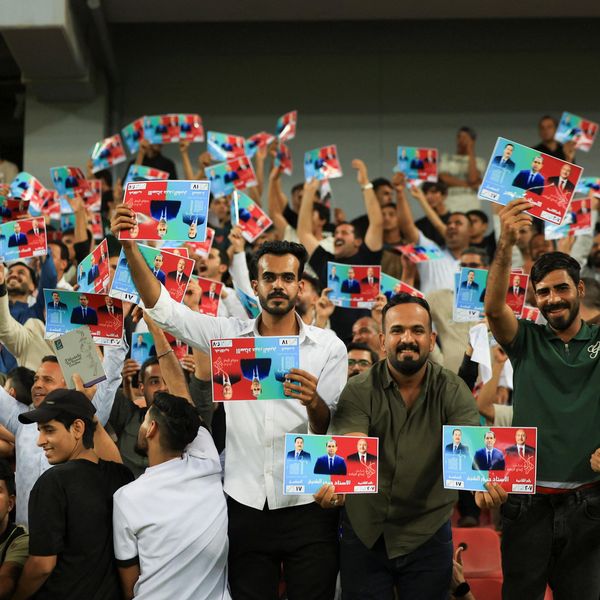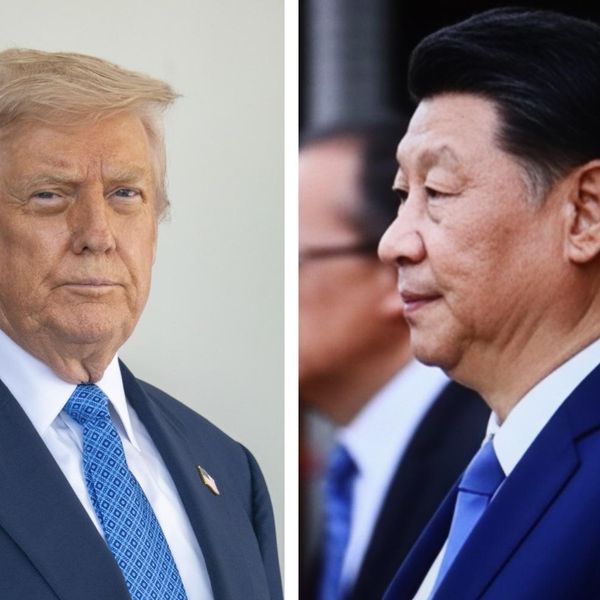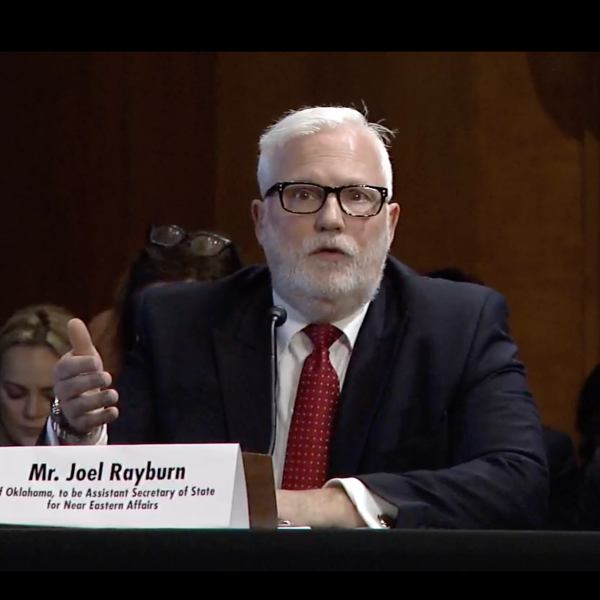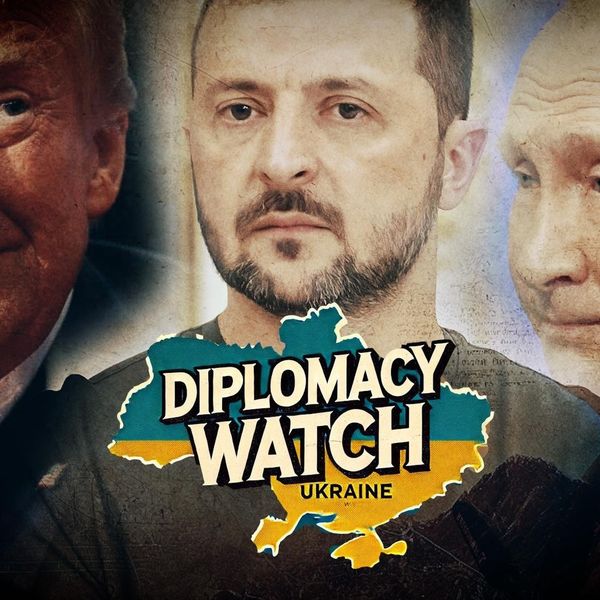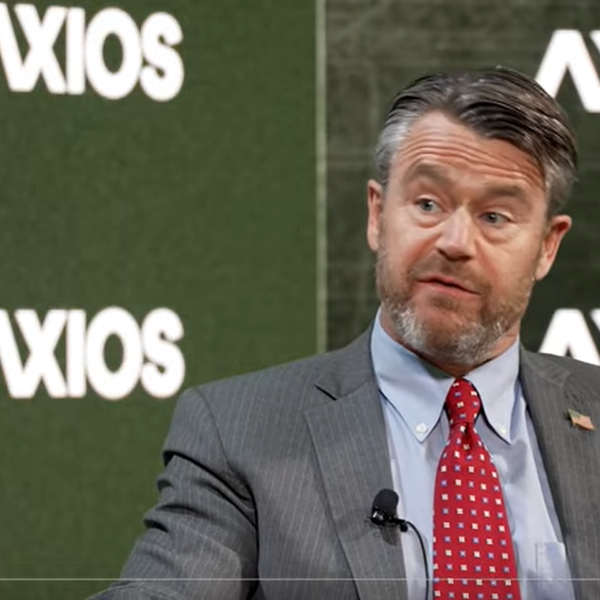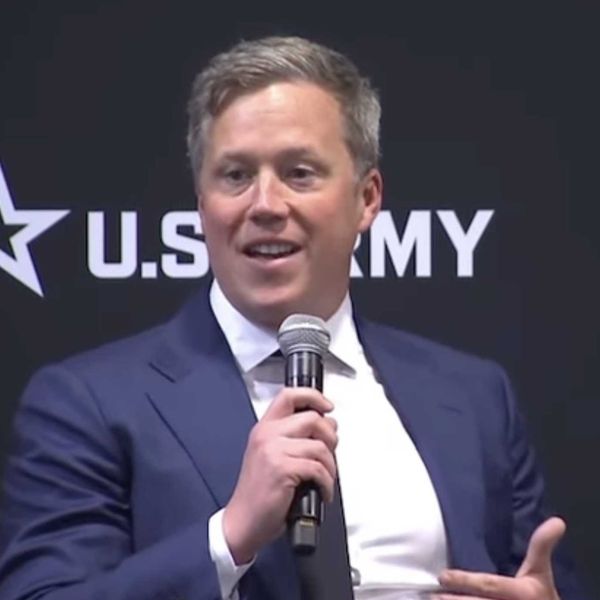Just a day after releasing a letter calling for diplomacy in Ukraine, Rep. Pramila Jayapal (D-Wash.) issued a retraction and accused staff of releasing the document “without vetting.”
In a statement, Jayapal argued that the letter’s timing was a mistake given recent statements from Republican members of Congress like House Minority Leader Kevin McCarthy (R-Calif.), who has raised the specter of reducing aid to Ukraine if the GOP takes the House in the upcoming midterm elections.
“Every war ends with diplomacy, and this one will too after Ukrainian victory,” she argued, noting that she accepts responsibility for the mishap given her leadership role in the Progressive Caucus. (All 30 of the letter’s signatories are members of that grouping.)
The retraction comes after Jayapal and her progressive allies came under harsh pressure from numerous media figures and politicians, including some from the Progressive Caucus, who argued that the letter was a gift to Republicans before the midterms. Prior to the official walkback, several other signees — including Reps. Ilhan Omar (D-Minn.), Mark Pocan (D-Wis.), and Sara Jacobs (D-Calif.) — publicly claimed that they had signed the letter months before its release and were not aware that it would come out now.
Ukrainian elites also attacked the letter, with some arguing that any talks with Russian President Vladimir Putin are simply “not a viable option.”
The attacks on the letter (and its retraction) earned consternation from some on Twitter, who argued that the uproar surrounding it seemed to be removed from its substance. As Marcus Stanley of the Quincy Institute wrote in Responsible Statecraft yesterday, the document “praises the Biden Administration’s policy of supporting Ukraine’s self-defense while simultaneously avoiding direct U.S. military engagement with Russia” while calling on the administration to engage in “vigorous diplomatic efforts in support of a negotiated settlement and ceasefire.”
Some of the letter’s signees have stood by it despite the harsh response, including Rep. Ro Khanna (D-Calif.), who has been outspoken about the need for a diplomatic solution to the conflict.
“We must continue to support Ukraine while mitigating the serious risk of nuclear war, managing the conflict to not escalate, and seeking a just peace,” Khanna tweeted Tuesday.

